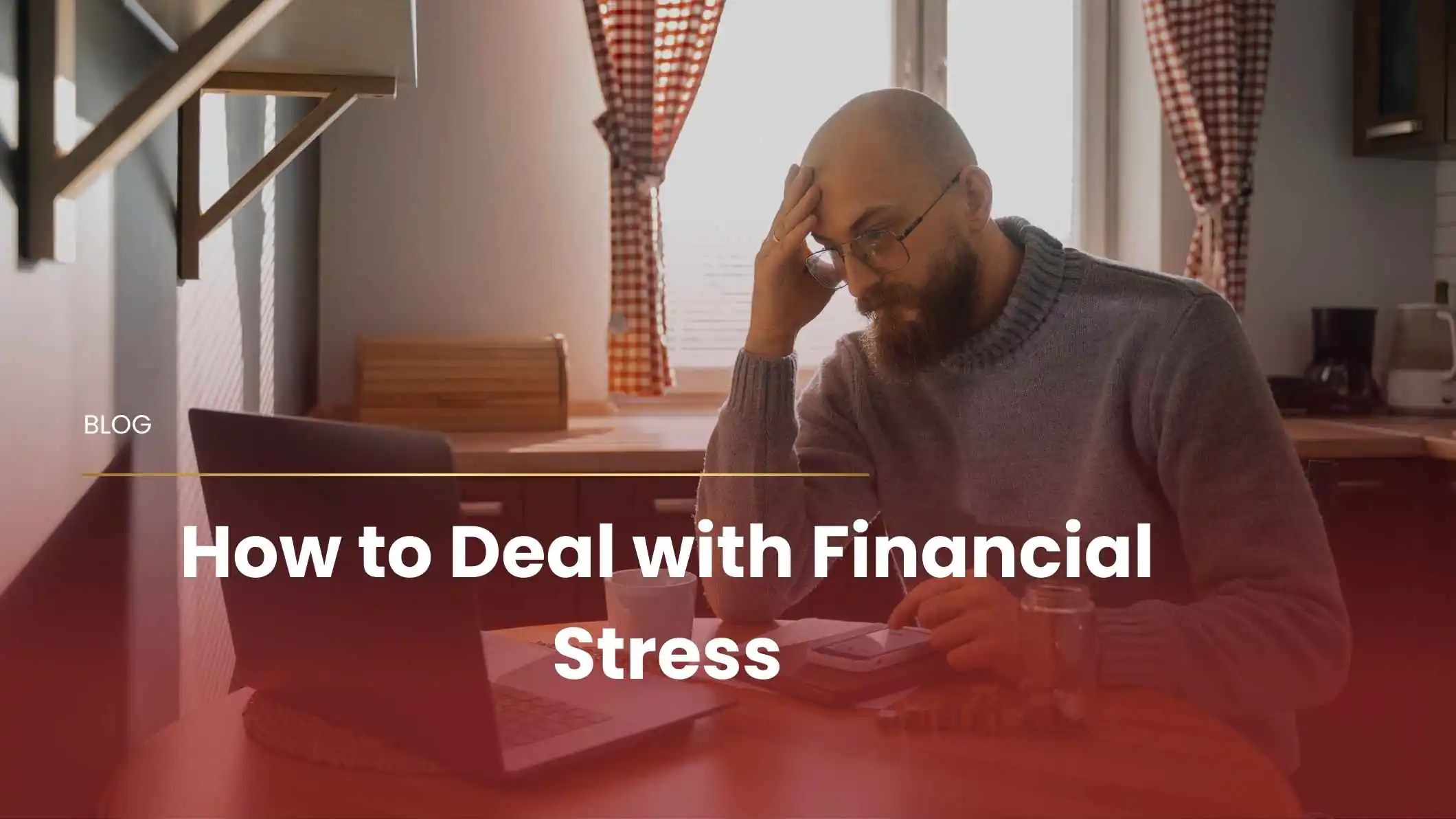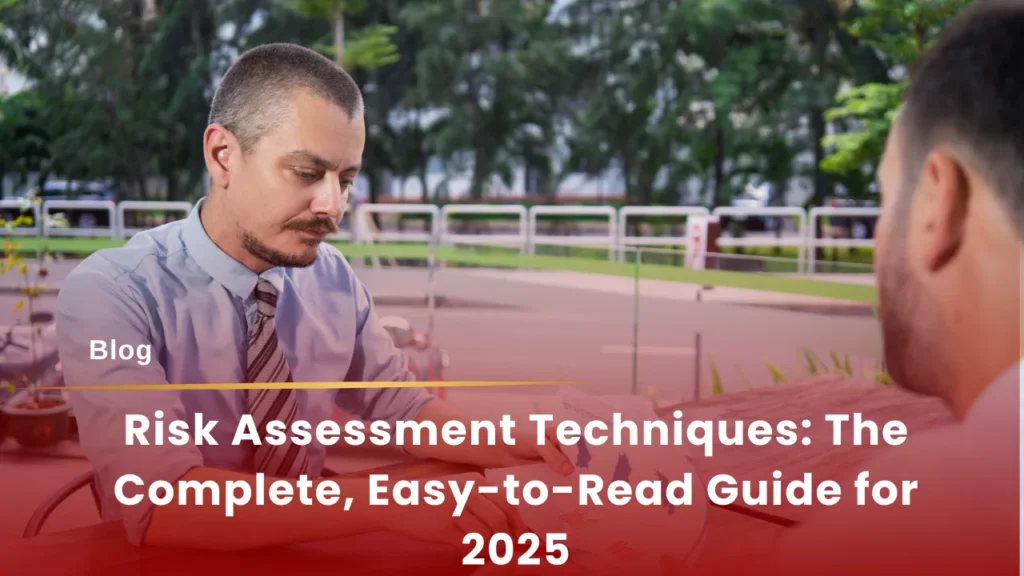Ways to Deal with Financial Stress: A Step-by-Step Guide to Regaining Control
1. Identify What’s Causing Your Financial Issues
Where is my money going?
Am I spending on needs or wants?
What expenses can I cut back on?
Look for areas where you can reduce spending without drastically impacting your quality of life.
“A problem well-defined is a problem half-solved.” – Charles Kettering
By pinpointing the source of your financial stress, you can create a targeted plan to address it. For example, if you’re overspending on entertainment, consider free or low-cost alternatives like hiking, reading, or hosting potluck dinners with friends.
2. Create a Budget
A budget is more than just a spreadsheet—it’s your financial roadmap. It helps you track your income and expenses, so you know exactly where your money is going. Here’s how to get started:
List all your income sources: Include your salary, side hustles, and any other earnings.
Categorize your expenses: Break them into fixed (rent, utilities) and variable (entertainment, dining out) categories.
Differentiate between needs and wants: Prioritize essentials like housing, food, and transportation over discretionary spending.
Pro Tip: Use budgeting tools like Mint, YNAB (You Need A Budget), or even a simple Excel sheet to make tracking easier. Sticking to a budget can help you feel more in control and reduce unnecessary spending. Remember, a budget isn’t about restriction—it’s about empowerment.
3. Build an Emergency Fund
Unexpected expenses are one of the biggest sources of financial stress. Whether it’s a car repair, medical bill, or sudden job loss, life is full of surprises. That’s why having an emergency fund is crucial.
Start small: Even saving $10 a week can add up over time. The key is consistency.
Aim for three to six months of essential expenses: This safety net can provide peace of mind when life throws you a curveball.
Automate your savings: Set up automatic transfers to your emergency fund so you don’t have to think about it.
“Do not save what is left after spending, but spend what is left after saving.” – Warren Buffett
Having an emergency fund can transform how you handle financial stress. Instead of panicking when something goes wrong, you’ll have a cushion to fall back on.
4. Increase Your Income
If your current income isn’t enough to cover your expenses, it’s time to explore ways to boost it. Here are some practical ideas:
Take on a side hustle: Platforms like Upwork, Fiverr, and TaskRabbit make it easy to find freelance work.
Monetize a skill: Whether it’s writing, graphic design, or tutoring, there’s likely a market for your talents.
Explore the gig economy: Driving for Uber, delivering for DoorDash, or renting out a spare room on Airbnb can provide extra cash.
Fun Fact: According to a Bankrate survey, 45% of Americans have a side hustle, earning an average of $1,122 per month.
Every extra dollar you earn can help ease your financial burden and bring you closer to your goals.

5. Manage Stress
Financial stress can take a toll on your mental health, so it’s important to take care of yourself. Here are some stress-relief techniques:
Practice mindfulness or meditation: Apps like Headspace or Calm can guide you through relaxation exercises.
Exercise regularly: Physical activity releases endorphins, which can improve your mood and reduce stress.
Stay socially connected: Talking to friends or family about how you’re feeling can provide emotional support and practical advice.
“You can’t pour from an empty cup. Take care of yourself first.”
Remember, your mental health is just as important as your financial health. Taking time to recharge can help you approach your finances with a clearer mind.
6. Reduce Your Budget & Pay Off Debt
Debt can feel like a heavy chain around your neck, but there are strategies to break free:
Use the snowball method: Pay off small debts first to build momentum and confidence.
Cut unnecessary expenses: Cancel unused subscriptions, cook at home instead of dining out, and shop smarter.
Focus on high-interest debt: Tackling high-interest loans or credit cards first can save you money in the long run.
Pro Tip: Consider consolidating your debt with a low-interest personal loan to simplify payments and reduce interest costs.
Every step you take toward reducing debt is a step toward financial freedom. Celebrate small wins along the way—they add up!
7. Seek Professional Help If Needed
Sometimes, you need expert guidance to navigate financial challenges. Here’s how professionals can help:
Financial Counseling: A certified financial counselor can help you create a budget, manage debt, and plan for the future.
Therapy or Support Groups: Addressing the emotional toll of financial stress is just as important as fixing the numbers. Talking to a therapist or joining a support group can provide relief and perspective.
“Asking for help isn’t a sign of weakness—it’s a sign of strength.”
8. Stay Connected with Friends and Family
Don’t underestimate the power of a strong support system. Talking to loved ones about your struggles can provide both emotional and practical support. You might even find that others are going through similar challenges.
Share your goals: Let your friends and family know what you’re working toward. They can offer encouragement and accountability.
Lean on each other: Whether it’s splitting costs for a group activity or simply listening, your support network is there for you.
“A problem shared is a problem halved.”
Effects of Financial Stress
Financial stress isn’t just about numbers on a bank statement—it’s a heavy burden that can infiltrate every corner of your life. Over time, the weight of money worries can create a ripple effect, impacting your mental health, physical well-being, relationships, and even your behavior. Let’s break down how financial stress manifests and why it’s so crucial to address it.
1. Mental Health Issues
Financial stress and mental health are deeply intertwined. When you’re constantly worried about money, it’s hard to focus on anything else. This relentless anxiety can lead to:
Anxiety and Depression: Studies show that people experiencing financial stress are twice as likely to suffer from mental health issues like anxiety and depression. The constant fear of not being able to pay bills or provide for your family can feel overwhelming.
Suicidal Thoughts: In extreme cases, financial stress can lead to suicidal ideation. According to a study published in the Journal of Epidemiology and Community Health, individuals struggling with debt are three times more likely to consider suicide.
“Money problems don’t just affect your wallet—they affect your mind. The stress of debt can feel like a prison with no escape.” – Anonymous
2. Physical Health Problems
The mind and body are deeply connected, and financial stress can take a serious toll on your physical health. Chronic stress triggers the release of cortisol, a hormone that, in excess, can wreak havoc on your body. Here’s how:
Insomnia and Fatigue: Worrying about money can keep you up at night, leading to sleep deprivation. A survey by the National Sleep Foundation found that 32% of adults reported losing sleep due to financial concerns.
Headaches and Digestive Issues: Stress is a common trigger for tension headaches and stomach problems like acid reflux or irritable bowel syndrome (IBS).
Chronic Conditions: Long-term financial stress can contribute to serious health issues like high blood pressure, heart disease, and even a weakened immune system. The American Heart Association notes that financial stress is a significant risk factor for cardiovascular problems.
“Financial stress doesn’t just keep you awake at night—it can slowly chip away at your health, one sleepless night at a time.”
3. Relationship Struggles
Money is one of the leading causes of conflict in relationships. Whether it’s with a partner, family member, or friend, financial stress can strain even the strongest bonds:
Arguments and Tension: A survey by SunTrust Bank found that 35% of couples identified money as the primary source of conflict in their relationships. Disagreements over spending habits, debt, or financial priorities can create lasting rifts.
Isolation: Financial stress can make you withdraw from social interactions. You might avoid going out with friends or attending family gatherings because you’re embarrassed about your financial situation.
Parental Stress: Parents under financial stress often feel guilty for not being able to provide for their children, which can lead to emotional distance or overcompensation.
“Money problems don’t just divide bank accounts—they divide people.”
4. Substance Misuse
When the weight of financial stress becomes too much to bear, some people turn to unhealthy coping mechanisms, such as alcohol or drugs. This is a dangerous path that only compounds the problem:
Increased Risk of Addiction: A study by the National Institute on Drug Abuse (NIDA) found that individuals experiencing financial stress are 50% more likely to misuse substances as a way to cope.
Temporary Relief, Long-Term Consequences: While substances might provide a temporary escape, they often lead to addiction, health problems, and even greater financial strain due to the cost of sustaining the habit.
“Turning to alcohol or drugs to escape financial stress is like pouring gasoline on a fire—it might feel like a solution, but it only makes things worse.”

The Bigger Picture: Financial Stress in Society
Why Addressing Financial Stress Matters
The effects of financial stress are far-reaching, but the good news is that they’re not irreversible. By understanding how financial stress impacts your life, you can take proactive steps to mitigate its effects. Whether it’s seeking professional help, creating a budget, or simply talking to someone about your struggles, small actions can lead to big changes.
The first step to overcoming financial stress is recognizing its impact. From there, you can start to rebuild—one step at a time.
FAQs
Financial stress is the emotional strain caused by money-related challenges. It can lead to anxiety, depression, and other mental health issues.
Common causes include low income, job instability, unexpected expenses, and debt.
Signs include constant worry about money, difficulty sleeping, and strained relationships.
Yes, it can cause insomnia, fatigue, headaches, and even chronic conditions like high blood pressure.
Focus on budgeting, increasing income through side hustles, and seeking financial counseling.
Track your expenses, differentiate between needs and wants, and use tools like the 50/30/20 rule.
Conclusion
Financial stress is tough, but it’s not unbeatable. By taking small, consistent steps—like creating a budget, building an emergency fund, and seeking support—you can regain control of your finances and your life. Remember, you’re not alone in this journey, and seeking help is a sign of strength, not failure.
Start today. Your future self will thank you.






